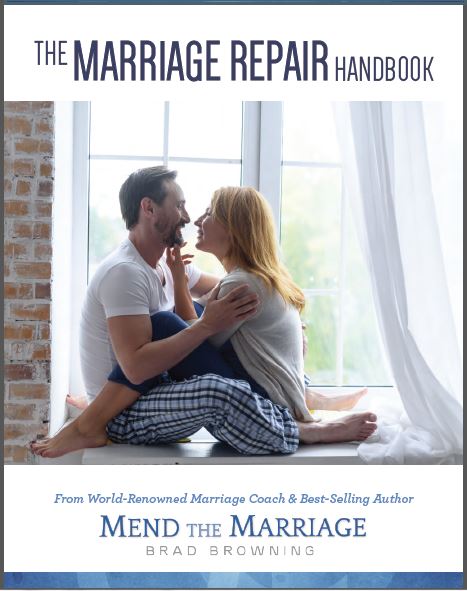How to have peace of mind in a relationship is essential for both partners to feel secure and happy. When we understand what peace of mind means in a relationship, it becomes easier to create a nurturing environment. A strong marriage needs this sense of calm, as it promotes trust and connection. So, let’s explore how we can achieve this peace together.
Peace of Mind Meaning in Relationship
Peace of mind in a relationship means feeling secure and confident with your partner. It involves knowing that both of you share similar goals and values. When you have this foundation, you can focus on what truly matters—your love and support for each other. You may ask yourself, “What gives me peace of mind?” This question encourages you to reflect on your needs. Open communication helps you to express these needs effectively.
Understanding each other’s feelings is crucial. When we take the time to listen, we strengthen our emotional bond. We can build trust by validating each other’s experiences. This trust helps us navigate tough times with confidence.
What Gives You Peace of Mind?
Several factors contribute to peace of mind in a relationship. First, trust plays a significant role. You need to feel safe and supported by your partner. Second, emotional support is vital. When you know your partner understands you, it brings comfort. Lastly, mutual respect creates a healthy environment for both partners. It allows you to express your opinions and feelings freely.
In addition, spending quality time together can enhance your sense of security. Engaging in shared hobbies or activities deepens your connection as a couple. You might be surprised at how small things can foster a sense of peace.
Ways to Have Peace of Mind
There are many ways to have peace of mind in a relationship. One method is to establish healthy boundaries. When each partner knows their limits, it reduces misunderstandings. Another effective way is to practice gratitude. By appreciating each other regularly, you cultivate positivity in your relationship.
Moreover, learning to manage conflicts is essential. Disagreements are normal, but how you handle them matters. Use “I” statements to express your feelings without blaming your partner. This technique fosters constructive dialogue, helping maintain harmony.
How to Have Peace in a Relationship
To have peace in a relationship, focus on clear and open communication. Share your thoughts and feelings honestly, allowing your partner to do the same. This practice builds understanding and closeness. Additionally, support each other’s personal growth. Encourage one another to chase dreams and interests, which enriches your bond.
Regular check-ins can foster a sense of peace. Simply asking, “How are you feeling about us?” can open the door to important conversations. These discussions keep both partners informed and reassured about their relationship.
How to Keep Peace in a Relationship
Keeping peace in a relationship takes effort. Consistency is key, and both partners must work together. Practice active listening, where you truly hear what your partner says without interrupting. This habit demonstrates respect and care. Check in with each other regularly about feelings and changes in needs.
Furthermore, show appreciation daily. A simple “thank you” can go a long way in making your partner feel valued. Acknowledging their contributions builds a nurturing atmosphere, reducing stress and tension.
What to Do for Peace of Mind
When you feel uneasy, there are specific actions you can take for peace of mind. First, take a step back and breathe. Practicing mindfulness can help you recognize anxious thoughts. Second, consider journaling your feelings. Writing down your thoughts can provide clarity and understanding.
How to have peace of mind in a relationship is vital for a happy marriage. Focusing on trust, support, and open communication creates a solid foundation. By incorporating these strategies into your daily life, you can nurture a loving and peaceful environment.
Lastly, don’t hesitate to seek help from a therapist or counselor. Professional guidance can help you navigate relationship challenges. Strengthening your emotional tools leads to more resilience in your marriage.









